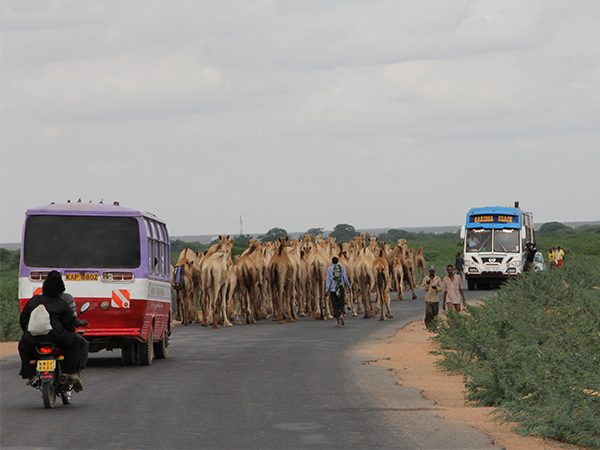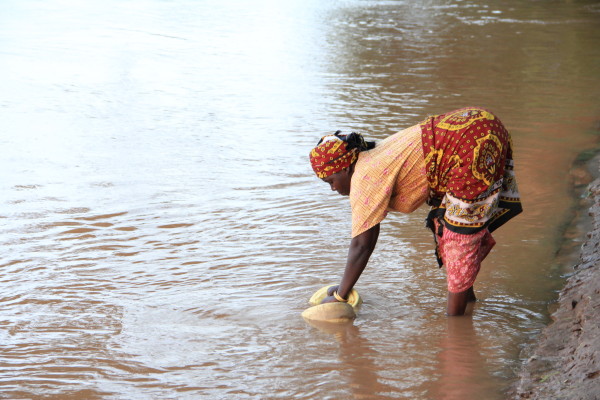Natural resources and conflict: A path to mediation

Conflicts can have many causes. Whether political, social or economic, the roots can run deep and often intertwine. However, one root cause is often overlooked: that of natural resources in conflict.
Whether due to oil, land, minerals or even water, tensions can arise through improper use, poor management and competition over resources.
How to mitigate this problem? That was the topic of discussion at a recent high-level panel, co-organized by the United Nations Environmental Programme (UNEP) and the United Nations Population Fund (UNDPA) and hosted by the United Nations Office in Geneva (UNOG). The panel convened to discuss a new report: Natural Resources and Conflict: A Guide for Mediation Practitioners.
Opening the discussion, Michael Møller, Director-General of the UN Office in Geneva, said that natural resources lie at the heart of many international crises. Over the past 60 years, for instance, nearly 60 percent of conflicts have been linked in some way to natural resource disputes.
Alan Doss, executive director of the Kofi Annan Foundation and a member of Interpeace’s Governing Council, stressed that these conflicts are present at all levels, from the international to the communal level. Often environmental conflicts, he said, are linked to traditions and livelihoods of communities. Cattle grazing, land use and dispute over other local resources can spark tensions among communities. “It’s hard to solve that in days, weeks or months,” he said.

The danger of resource-based conflict, such as access to clean water, may increase as population levels rise. Photo credit: Interpeace
Renée Larivière, Deputy Director-General of Interpeace, said to fully understand conflict we must look beyond merely political dynamics as the sole cause of violence. But for the panel some environmental issues, and the question of natural resources, are too often given a secondary role in at the time of peace negotiations and in the implementation of comprehensive peace agreements.
For Michael Brown, a Professor in Natural Resources Conflict Mediation at McGill University, they are considered “technically difficult and politically sensitive”, creating significant challenges in discussions around them. Because of this he said, “natural resource conflicts often fall through the cracks of the international system.”
There was agreement that greater attention needs to be given to the prevention of conflicts linked to natural resources in processes of peacebuilding. Alan Doss added that it should not be always considered as the source of conflict, but as a means to bring people together, binding them towards the common goal of sharing resources.
To this end, Renée emphasized that Interpeace’s approach of inclusive peacebuilding, that supports the capacities of societies to solve their own conflicts, is well placed to make an impact on resource based conflict. By working with parties at all levels, including the elites and grassroots, actors can be successful in mediating conflicts. With increased pressure on natural resources, and the potential for conflict increases, such approaches are needed now more than ever.
